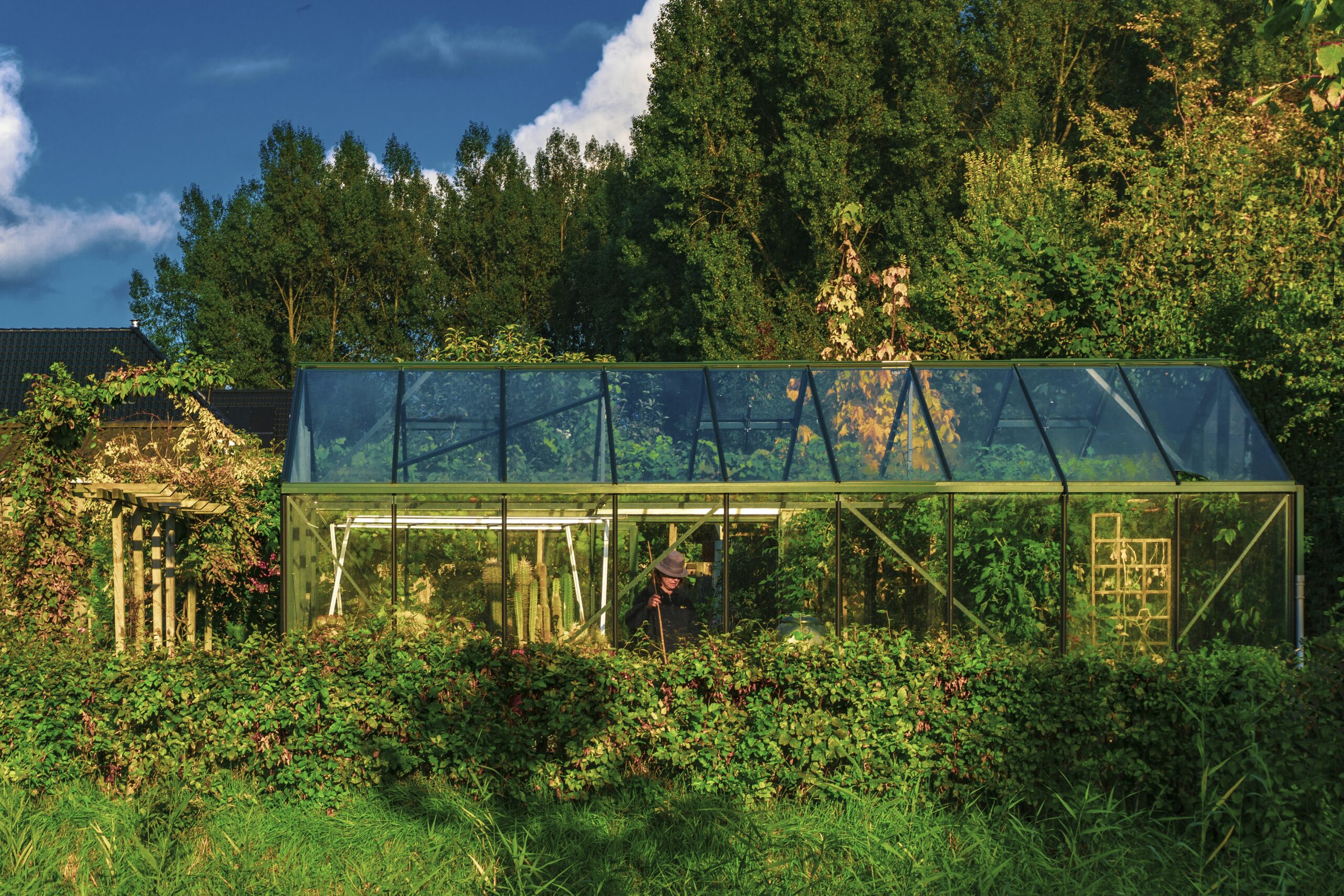Whether you’re a backyard gardener or an agricultural entrepreneur, a large greenhouse can be a true game-changer. Beyond the space it provides, it opens doors to year-round growing, increased crop diversity, and sustainable farming practices. Let’s explore why investing in a large greenhouse is one of the smartest decisions for growers today.
The Value of Space in Horticulture
In gardening and agriculture, space is everything. A large greenhouse offers more than room—it’s an opportunity to grow, diversify, and innovate.
- Grow a wider variety of plants in the same structure.
- Create microclimates to meet the needs of different species.
- Use advanced techniques like vertical farming for better space utilization.
- Plan, organize, and install systems like shelving and irrigation more efficiently.
This space isn’t just about convenience—it translates to healthier plants and higher productivity.
Year-Round Gardening: A Game Changer
One of the biggest advantages of a large greenhouse is the ability to grow year-round, regardless of the weather.
- Maintain consistent temperatures and humidity levels.
- Grow off-season crops to tap into niche markets.
- Rotate crops and experiment with exotic plant species.
- Enjoy continuous planting cycles, making the most of every square foot.
This stability means better yields, more variety, and greater personal or commercial satisfaction.
Commercial-Scale Production & Crop Diversity
For farmers and entrepreneurs, a large greenhouse is a launchpad for commercial-scale growing.
- Accommodate larger volumes of plants to increase yield.
- Diversify crop selection to cater to different markets.
- Support multiple growing environments in a single space.
- Minimize crop failure risk by spreading production across plant types.
This approach can boost profitability while building a more resilient growing operation.
Advanced Climate Control for Optimal Growth
Larger greenhouses allow for integrated climate control systems that regulate:
- Temperature
- Humidity
- Light exposure
These systems protect plants from environmental stress, reduce disease risk, and create the ideal growing conditions—automatically, if desired. Automation also reduces labor costs and ensures consistency.
Aesthetic Appeal & Property Value
Greenhouses don’t just serve a functional purpose—they can also be visually striking additions to your landscape.
- Enhance your property with a well-designed structure.
- Create a relaxing space that doubles as a growing area.
- Increase property value by adding a desirable and sustainable feature.
- Host social or educational events that build community engagement.
Material Options: What’s Right for You?
When choosing your large greenhouse, material matters:
- Glass: Beautiful and traditional with excellent light transmission.
- Polycarbonate: Durable, well-insulated, and suited to extreme climates.
- Plastic films: Lightweight and affordable—ideal for seasonal or budget-conscious setups.
Match your material choice to your climate, growing goals, and design preferences.
Customization: Make It Your Own
A large greenhouse is highly adaptable. Consider adding:
- Vertical shelving to maximize usable space.
- Grow lights to extend productivity through winter months.
- Automated irrigation for consistent, efficient watering.
- Insulation or shade cloths depending on your local climate.
Tailor your greenhouse to meet your needs—whether you’re scaling up a hobby or running a commercial venture.
Economic Perspective: Profitability & Cost Efficiency
Large greenhouses are a long-term investment that can pay for themselves:
- Increased yield means higher potential revenue.
- Automation and efficient design lower labor and maintenance costs.
- Diverse crop production spreads risk and captures different income streams.
With proper planning, the return on investment can be substantial.
Legal Considerations: Know Before You Build
Before construction, be sure to:
- Check local zoning regulations and building codes.
- Apply for permits where necessary.
- Consult with professionals to ensure compliance.
This avoids costly errors and delays, ensuring a smooth setup process.
Sustainability & Environmental Impact
Large greenhouses support eco-conscious growing practices:
- Reduce reliance on imported produce and cut transportation emissions.
- Enable organic, pesticide-free growing.
- Integrate renewable energy systems like solar panels.
- Educate your community about sustainable agriculture.
They aren’t just about production—they’re about leading the way toward a greener future.
Conclusion: A Smart Investment for Growers at Any Level
A large greenhouse is more than a structure—it’s a commitment to year-round growing, higher yields, sustainability, and better food security. Whether you’re a commercial grower or passionate hobbyist, it provides both immediate and long-term benefits:
- Improved productivity
- Expanded crop options
- Better control and efficiency
- Increased property value
- Long-term profitability
If you’re serious about growing, it may be time to think big—and build bigger.

